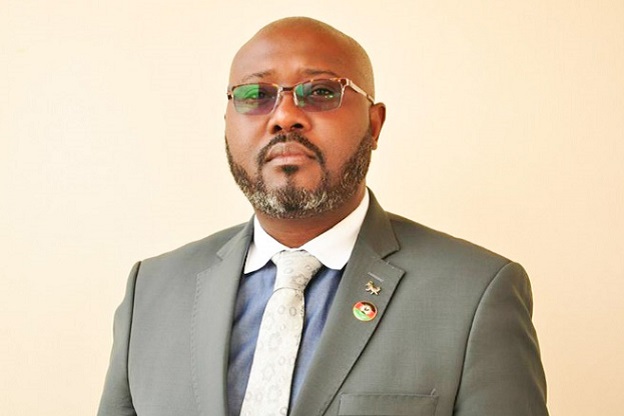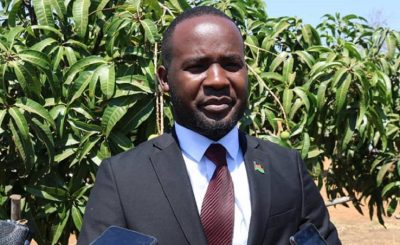The Malawi Union of Savings and Credit Co-operatives (MUSCO) is opting for its exclusion in the proposed amendment of the Financial Services Act which seeks to regulate interest rate charged by banks and other money lending institutions.
MUSCO officials said this after appearing before members of the Joint Parliamentary Committee which is looking into the bill and hearing inputs and proposals on the same from different players in the financial sector.
MUSCO Acting Chief Executive Officer Fumbani Nyangulu said the proposed amendments in the Act will negatively affect Savings and Credit Cooperatives (SACCO’s) working in rural areas who charge interest rates according to operational costs.
Nyangulu said that interest rate should not be regulated in SACCO’s because their business model stipulates that they are not a profit making entity
“Our first opposition is that SACCOs should be left alone because its members decide how much they should charge in terms of interest amongst themselves, what we do in SACCO is only saving just like the village banks so if we cap the interest rate, our SACCOs will be starting at a loss which will also be a disincentive to the people.
“Our economy is very volatile, today it will be good but it may not be the same tomorrow so if we put this into the law, it will be difficult to change in time of bad economy.
“We would suggest that instead of capping, we should put a statement in the Financial Services Act that will empower the regulator to freely look into market conditions rather than capping,” he said.
But in his remarks Chairperson of the joint parliamentary committee which comprises of public accounts, government assurances and women’s caucus, Alekeni Menyani said at this stage the question on whether interest rate should be capped or not is irrelevant because at the moment they are just receiving inputs on the bill from different stakeholders as the bill is in its final stages.
“My immediate reaction is that, we have passed that stage where one would ask for exclusion, currently the whole house has agreed and the bill was welcomed by the parliament so at this point we are not entertaining anyone who is for it or not,” Menyani stressed.
Earlier, the Malawi Confederation of Chambers of Commerce and Industry (MCCCI) suggested that there are policy alternatives that can protect borrowers from excessive interest rates instead of introducing interest rate caps which could not offer sustainable solutions.
While acknowledging that high cost of finance remains an obstacle to doing business in Malawi, MCCCI Chief Executive Officer, Chancellor Kaferapanjira said capping interest rate is not the best mechanism to address the challenge.
According to Kaferapanjira, the Reserve Bank of Malawi governor can come up with a reference rate to achieve a purpose within specific time frame and can revoke it when the purpose has been achieved.





